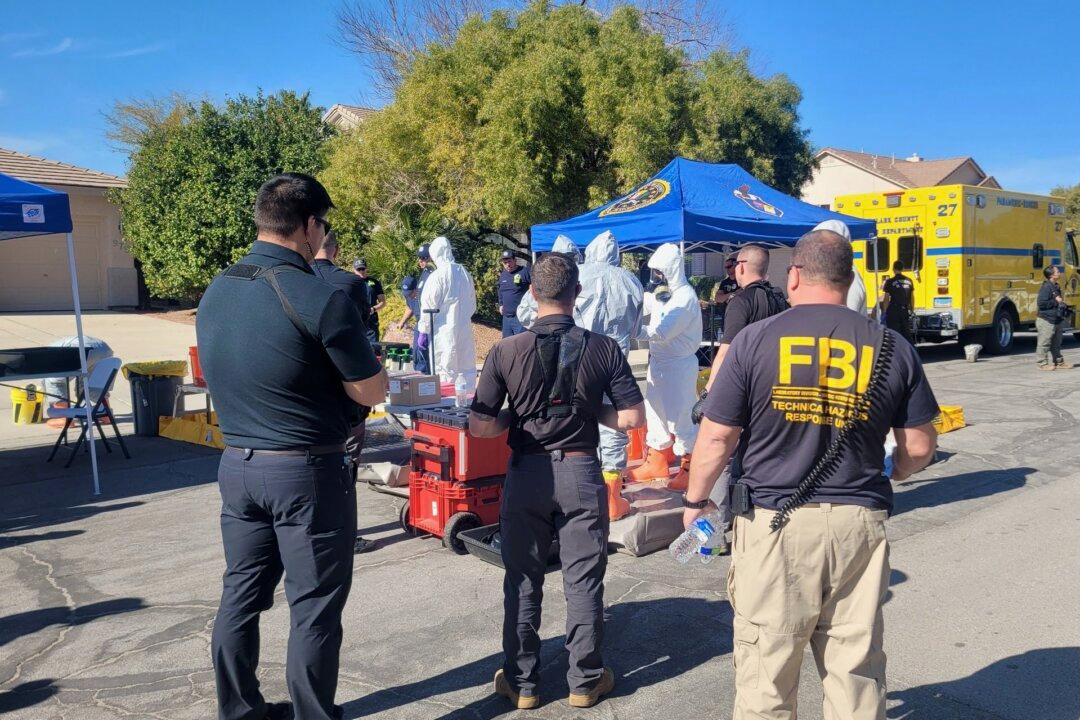The latest on the Russia–Ukraine crisis, April 11. Click here for updates from April 10.
Ukraine Says Tens of Thousands Killed in Mariupol
Ukraine on Monday said tens of thousands of people have likely been killed in Russia’s assault on the southeastern city of Mariupol.“Mariupol has been destroyed, there are tens of thousands of dead, but even despite this, the Russians are not stopping their offensive,” President Volodymyr Zelenskyy said in a video address to South Korean lawmakers without providing more details.





